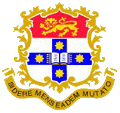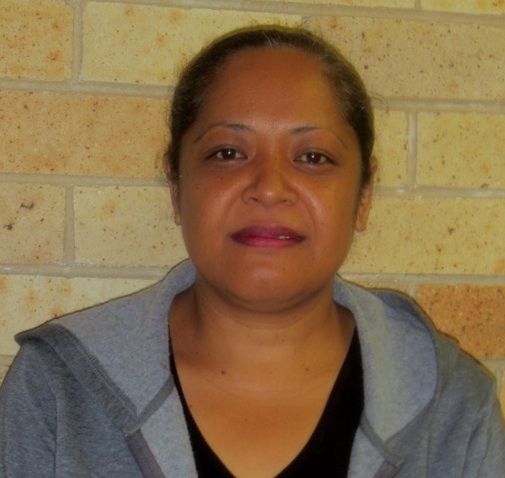 |
Integrated Sustainability Analysis |
 |
| Home Contact Search Media |
|
Vanessa LoloheaVanessa Lolohea is the Executive Director of Tonga National Youth Congress. The Tonga National Youth Congress (TNYC) was established in 1991 as the national body for the youth of Tonga. The organisation is an umbrella body that projects the voice of youths to every level of society from the grass roots to the policy making level. It integrates all six island groups. The patron is his Royal Highness Prince ‘Ulukalala Lavaka Ata. TNYC's mission is to better the welfare of the youth of Tonga through programs that foster responsibility, citizenship, community services and leadership. The TNYC is extremely active in creating opportunities across multiple aspects of society. It provides youth with skills, knowledge and opportunities to help them develop into highly capable citizens. Through the council's volunteer program many youth have acquired skills and moved into full time employment in various services around the Kingdom of Tonga. TNYC's interest in the Sustainable Island training program arises mainly out of the fact that the training content and structure is well-matched to TNYC's mandate and activities. Under the Tonga National Leadership Development Forum TNYC focuses on green growth and building community structures where voices of women, youth, farmers fishermen's and very small business enterprises link to governance structures. For example, TNYC's business department is instrumental in strengthening Tonga's private sector in running "Young Entrepreneurship Society" and "Future Farmer of Tonga" Project (for example producing virgin coconut oil), and also supports the establishment of Micro Credit Schemes. The training program includes a hands-on, face-to-face learning and cultural exchange with business owners (sustainable farms, factories and tourist facilities) in Norfolk Island, and this exchange provides TNYC with unique ideas to stimulate Tonga's private sector. Second, TNYC is the national focal point for organic produce in Tonga and a member of the Pacific Organics Ethical Trade Committee. It focuses on organic certification of the islands, with waste being a big component of the certification. Two groups of islands have been declared organic, and now a third is being considered. In order to effectively drive this process, the training program brings TNYC in contact with organic farms and waste experts on Norfolk Island and exchange experience surrounding coordination, advocacy, awareness-raising, endorsement of the Pacific Organic Standards, local and international marketing and trade strategies, as well as links to the tourism and hospitality industries. Third, the sustainability accounting and administration skill-building modules of the training support TNYC's data collection & research department in managing our Youth Congress Database, in monitoring and evaluating youth activities, and particularly in collecting relevant data in the Kingdom. Fourth, promoting environmentally sound activities, and encouraging and establishing youth enterprises and small-income-generating businesses are two of TNYC's expressed future challenges. These can be seen as relating to a large part to maintaining healthy and sustainable fisheries, especially special management and fishing conservation areas for island groups, including livelihood development and organic certification. The training program's second week deals entirely with fisheries management and harmful algal bloom monitoring, and thus will enable us to improve our export trade opportunities. Fifth, TNYC is active in promoting economic growth under climate change adaptation. Energy audit, power plant waste heat recovery and algal bloom monitoring skills will be much needed in our endeavours to host dialogue on trade and climate change. We know well that responses to climate change need capacity building and collaboration among all strata of society. TNYC has the necessary contacts and relationships business and private sector organisations, NGOs, churches, farmers associations, women's and youth networks, and local customary authorities, but it needs more factual and scientific knowledge in order to direct its activities wisely. Finally, the TNYC welcomes the program as a chance to learn how to show Tongan youths how to re-ignite their link with their own heritage, by learning how other islanders ensure that their cultural values are not lost. Spending three weeks with leaders from multiple island nations is a rare opportunity that we would not want to miss.
For further information please contact
|
